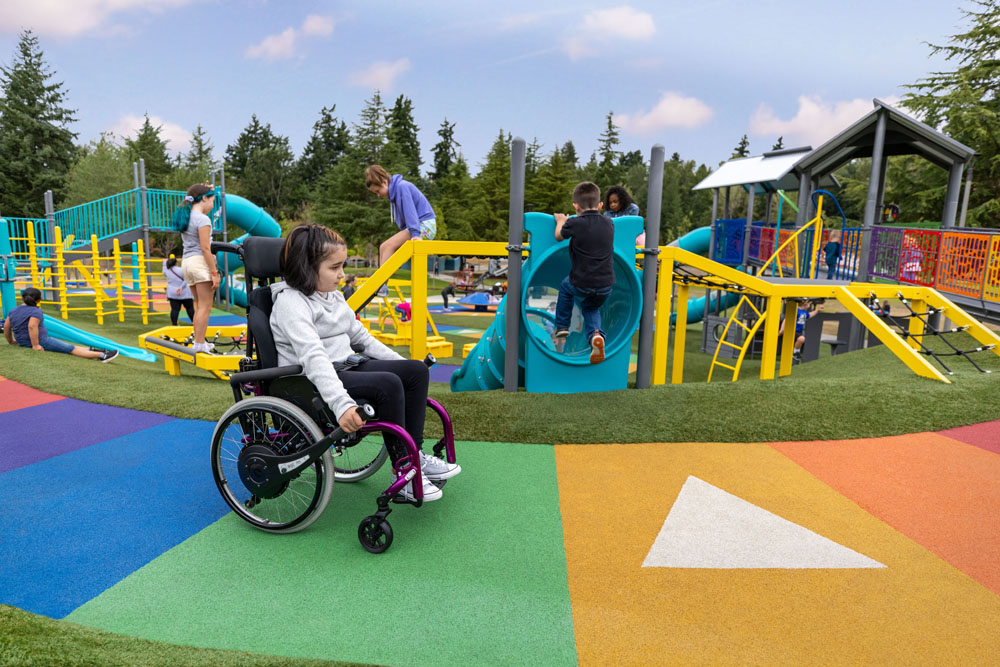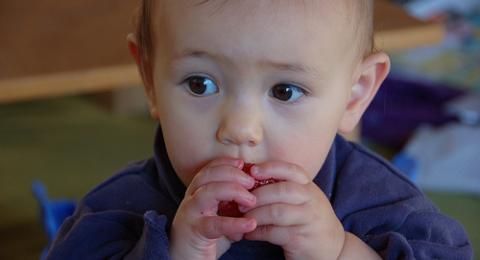When our kids were younger, I’m sure I told them a few white lies, you know, things like telling them the toilet-cleaner-blue lollies in the party bag had all been eaten or the Tooth Fairy was overseas on holidays. And I’ve always been comfortable with magical Easter Bunny and Father Christmas ‘lies’ for the fun and excitement they give children. Yet honesty means everything to me and I’ve tried to talk to our children about honesty being a core value in our family.
Reading new research results from the University of Illinois about the downside of parents honestly revealing their experiences with drugs and alcohol made me realise that my views on honesty and openness come with even further qualification.
Parents have been encouraged to talk openly with their children about drugs and alcohol to keep communication flowing – the Australian Government’s own National Drugs Campaign website advises that children will expect parents “to be informed, upfront and honest”. Perhaps the latter advice did not imagine that parents would unprompted, tell their children about their own drug use or excessive alcohol use or abuse.
Results of the new study involving over 550 young teens indicated that children whose parents had shared details of their own drinking, smoking and marijuana use were less likely to think drugs were bad.
Stopping short of advising parents to lie to their children, lead author of the University of Illinois study Assistant Professor Jennifer Kam, said “we are suggesting that parents should focus on talking to their kids about the negative consequences of drug use, how to avoid offers, family rules against use, that they disapprove of use, and others who have gotten in trouble from using …Parents may not want to voluntarily share their past drug use with their early adolescent children”.
Professor Kam also acknowledged that further research is required on these findings but hypothesised that by openly sharing their own experiences, even while sharing an anti-drug message, parents could be having the opposite result to the one they intended: “We suspect that even though parents may convey anti-substance use messages by emphasising the regret and negative consequences associated with their decision to use, they still have to reveal that they used substances at some point in their lives…Knowing that their parents tried substances may actually normalise this behaviour for youth and make it seem okay, thereby making youth think their parents wouldn’t really disapprove of them using substances and thinking that more kids around them use.”*
This makes sense to me. I don’t think a policy of honesty requires a parent to share their own serious mistakes with children unless there is a very personal and important reason for doing so.
Assuming that a parent doesn’t want their child to smoke marijuana or drink alcohol excessively, I can see how a parent’s openness about their own mistaken ‘rites of passage’ combined with their survival to healthy adulthood could deliver a confusing message to younger children and teenagers. The converse viewpoint of course, is that by sharing your own mistakes, your children might learn from them.
In my case, I was so risk-averse that I have no stories to conceal so that makes this advice easy for me to follow. But while this advice makes sense to me, it might not to you. For me, the addictive qualities of most drugs and excessive alcohol and the potential for extreme consequences, combined with a teenager standing before a healthy adult, has the potential for a very mixed message to be delivered – and it’s a message that can save a life so I think clarity is critical.
Honesty or openness might be very important if you have a specific lesson to teach: e.g. ‘I stupidly sent a text message while driving and then caused a serious accident’, or, ‘I ate some of my parent’s prescription tablets because I was curious and ended up in hospital having my stomach pumped.’
I’m curious to know what you think? Please open up the conversation.






Leave a Reply